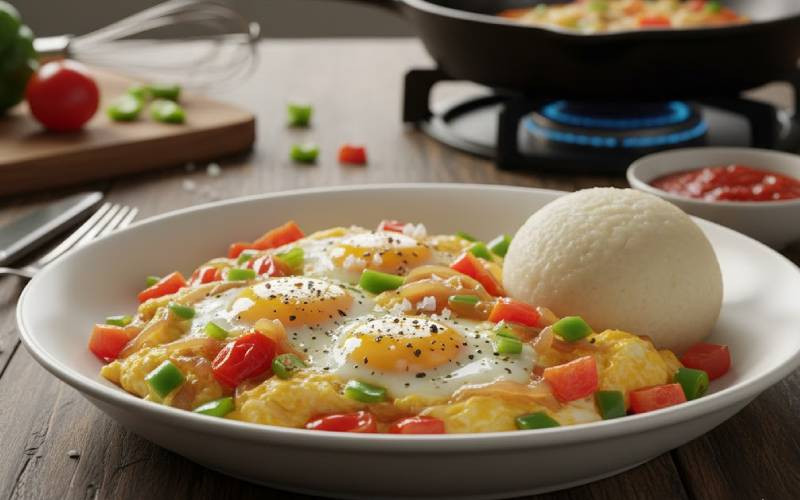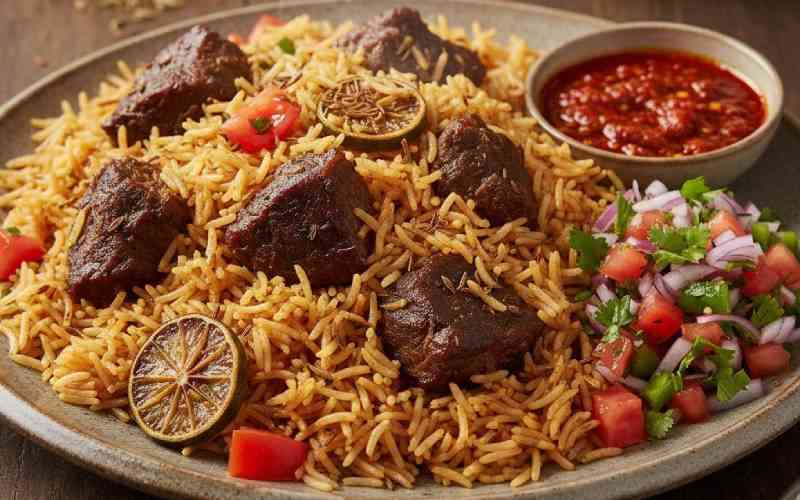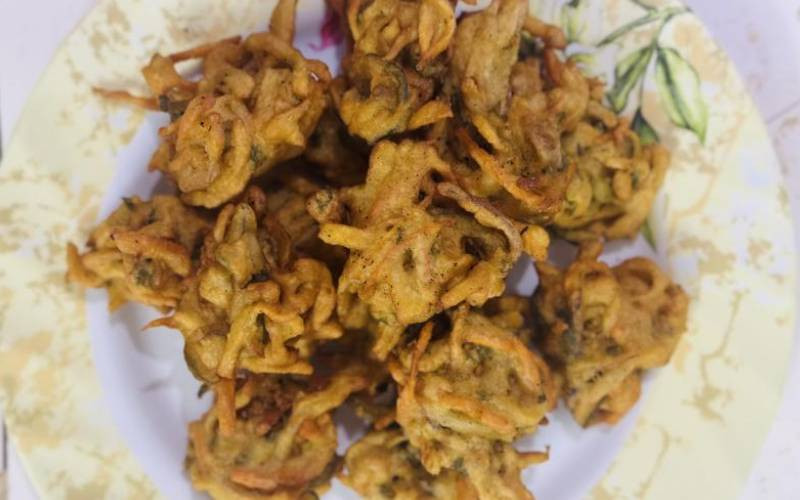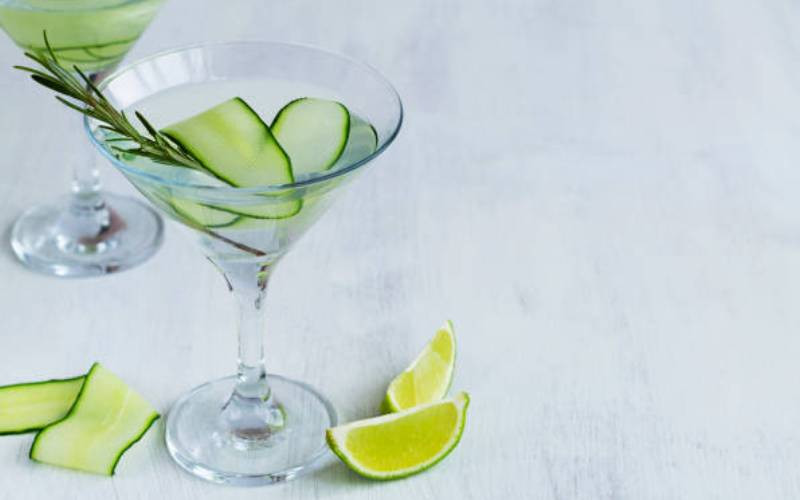
For thousands of years no other tree or food has gained more respect and admiration than the olive tree and its product - olive oil.
Humans around the Mediterranean Sea began using olive oil regularly about 8,000 years ago. For many generations olive oil has been used as food for healing, skin care, and for religious and spiritual purposes.
In Genesis 8:6-12 we are told that the dove brought Noah an olive branch to signal the end of the flood. Nine centuries before Christ, Homer, the Greek poet, called olive oil the “Golden Liquid”. Kings and nobilities were anointed with olive oil. A dove carrying an olive branch in its beak is the sign of peace and tranquility. The Official Seal and Emblem of the United Nations is a map of the world inscribed in a wreath of crossed branches of the olive tree.
In recent times olive oil has been gaining a lot of popularity, all around the world, among health conscious consumers and manufacturers alike.
There is however; a dark side to olive oil – adulterated olive oil. The production and the bottling of olive oil is one of the most lucrative forms of fraud in the food industry. Fake olive oil is easy to manufacture, difficult to detect, and results in very high profit margins. More often than not, the olive oil that we find on our supermarket shelves may not necessarily be what we think it is and we have to be more vigilant of what we choose to buy and consume.

First let’s take a look at this rapidly growing industry.
Health benefits
Olive oil is one of the fastest growing segments in the global market because the rising awareness of its health benefits and the increased adoption of a more western lifestyle in developing countries. Besides using olive oil in our kitchen today, it is also widely used in the food and beverages industry, the beauty care and cosmetics industry and in the pharmaceutical industry.
The growth in the consumption of olive oil, before the onset of the Covid-19 pandemic, was 4% annually. It was predicted that by the end of 2020 the production would have reached 3.1 million tones and by 2025 olive oil’s contribution to the global economy would sit somewhere between $8 to $9 billion.
There are almost 1300 different varieties of olive trees around the world, but the quality of olive oil is determined not by the tree’s variety but by the quality of the olives. The press time after harvesting the fruits is crucial - the sooner the olives are pressed the better quality and the lower the acidity of the oil. However, the most important is the extraction process itself.
Producers of olive oil
A common misconception is that the best olive oil is from Italy and this country is the number one producer of olive oil in the world. It is true that Italy produces excellent olive oil, but in fact, Spain is the biggest producer, and Italy, where most of the olive oil we buy is bottled, is the biggest importer and exporter, and none of that has much to do with quality or authenticity.
The Mediterranean countries – Spain, Italy, Greece, Turkey and Tunisia produce almost 80% of the world's olive oil. Spain leads in production by a very wide margin of about 1.6 million tonnes yearly. Italy produces 550,000 tonnes per year, Greece 350,000 tonnes with the latter being the largest producer of Extra Virgin Olive Oil. Turkey produces 250,000 tonnes annually and Tunisia is the largest producer of organic olive oil in the world. Last year Tunisian Extra Virgin Olive Oil won many international awards and some people attest that the olive oil coming out of this country is in fact the best in the world.

The USA, Australia and Argentina are emerging as newcomers but they are still not even close to the top five.
Extra virgin olive oil
Olive oil is considered to be beneficial to our bodies, but when we talk about the health benefits of olive oil we are talking mainly of Extra Virgin Olive Oil.
Extra Virgin Olive Oil, or Cold Pressed Extra Virgin Olive Oil, is the highest grade and the healthiest type of olive oil. It is unrefined produced purely by natural methods as no chemicals, heat, processing or additives are used in the extraction process. As a result this form of olive oil contains more of the natural vitamins and minerals found in olives. Its acidity level should not exceed 0.8% and it is recognized by its taste and smell. To qualify as extra-virgin, the oil has to pass authorized lab analysis and sensory tests set by the Madrid-based International Olive Council (IOC).
Next in quality, is Virgin Olive Oil. A similar process of extraction to Extra Virgin Olive Oil is used, though production standards are not as stringent. Virgin Olive Oil also has a slightly less intense flavor and its acidity level may reach up to 2%.
What makes Extra Virgin Olive Oil so special?
Many studies show that the fatty acids and antioxidants in Extra Virgin have powerful health benefits for our bodies. These include a reduced risk of cardiovascular diseases, such as heart disease and stroke, two of the most common causes of death in the world.
Although Extra Virgin Olive Oil has mainly been studied for beneficial effects on our heart, researchers also suggest that olive oil may help fighting Cancer, Alzheimer's disease, can assist in treating Rheumatoid Arthritis, and might reduce Type 2 Diabetes risk; at the same time it is not associated with weight gain and obesity.
Many studies show that death from these diseases is low particularly in the countries around the Mediterranean Sea, where for most people, olive oil has been a dietary staple.
There are a few more types of olive oil in the market, and they carry different names: pure olive oil, light olive oil, pomace olive oil and refined olive oil. All of them are inferior oils, without much of the health benefits, although we can use the less expensive stuff for cooking and baking knowing that they do not have much health value.

There is ample room for deception along the production chain. Experts agree it is pervasive and has been for a long time and some even say that fraud was an issue as far back as ancient Rome. Olive oil might be extracted in one country and shipped to another, and then blended with inferior olive oils from yet other places before being bottled and shipped off again. It may also be diluted with a cheap soybean or seed oil or mixed with lower-grade olive oil that has been chemically refined. It is also common to mix fresh olive oil with olive oil from the previous year’s harvest or even older.
When you buy olive oil you have to look carefully at the label to be sure of where it is made. You should look for labels that say “produced and bottled,” which means that the oil is actually produced and bottled in the place stated. Labels that say “packaged” in Italy for example often mean just that: that olives from Italy were combined with the olives from other nearby countries.
You should also be aware that the phrase “product of” does not guarantee quality or that the oil was produced in the place listed; it just means it was bottled and/or imported from there.
You should also look for a certification seal, and never settle for a plastic bottle or a plastic container. Only glass bottles, preferably dark colored. Sunlight negatively affects the quality of the oil. That is the reason why olive oil should always be stored at room temperature in a dark and dry place.
Do not be fooled by the price. Quality olive oil is expensive to produce so the cheap bottles on the shelf are most likely cheap olive oils.
Once you have read the label carefully, use your senses to determine the quality of the olive oil. Smell it. Look at its color. It should be yellow – green and without any residue. Taste it. If it is bitter and a bit stingy in your throat it is a good sign. Just like in wine, olive oil is measured by its bitterness, fruitiness, pungency, complexity and persistent aftertaste. But as opposed to wine that becomes better through time, olive oil is only good for two years.
Last but not least, place a small amount of the “golden liquid” in your fridge. Pure quality olive oil will harden. If it does not, then it is not high quality olive oil.
Two spoons of Extra Virgin Olive Oil a day might just keep the doctor away.
Youval is the founder of Baraka Israel and has over 10 years of experience with olive oil?
 The Standard Group Plc is a multi-media organization with investments in media
platforms spanning newspaper print
operations, television, radio broadcasting, digital and online services. The
Standard Group is recognized as a
leading multi-media house in Kenya with a key influence in matters of national
and international interest.
The Standard Group Plc is a multi-media organization with investments in media
platforms spanning newspaper print
operations, television, radio broadcasting, digital and online services. The
Standard Group is recognized as a
leading multi-media house in Kenya with a key influence in matters of national
and international interest.











